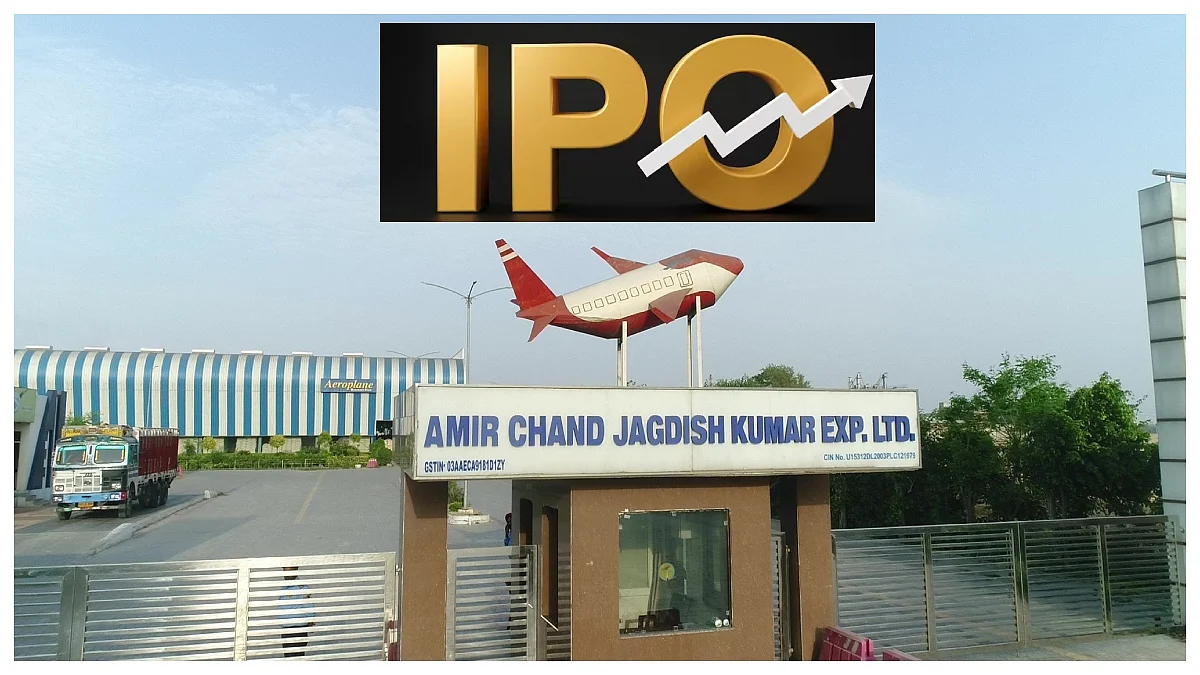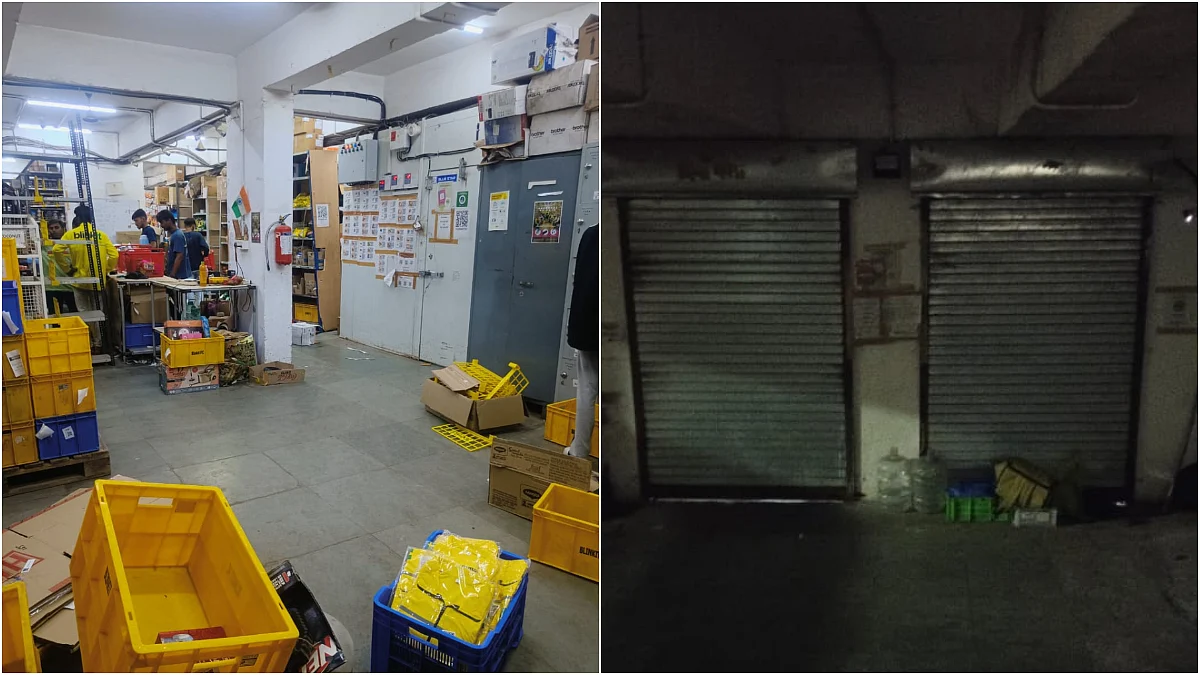Mumbai: It's been almost seven years since a whistleblower, in September 2018 exposed several irregularities in the functioning of Yes bank in sanctioning credit facilities, FPJ looks at the audit report prepared six months before even the CBI lodged the case.
Special Audit Ordered After Complaints
The audit report was prepared in September 2019, a year after the chairman of the bank and National Stock Exchange received anonymous letters complaining about irregularities in the bank.
The special audit was carried out in wake of the allegations made in the two letters to review transactions especially in real estate deals during the year 2016 to 2019.
CBI Books Rana Kapoor In 2020
Months after the said report, CBI had in March 2020, booked bank’s promoter Rana Kapoor for irregularities in sanctioning loan to DHFL and allegedly receiving kickbacks. Kapoor was later also booked by CBI in connection with the credit facilities granted to Avantha group.
He was also probed for the credit facilities granted to Cox and Kings. Kapoor is separately chargesheeted for money laundering allegations for the alleged kickbacks he had received by granting various credit facilities.
Audit Flags Lapses In Security Deposits
The report had highlighted a major flaw that security deposits amounting to one third of the contract value were accepted without satisfactory justification.
The report claims that there were no compliances with regards to pre and post disbursement sanction terms related to security creation, which posed legal and recovery risk resulting in exposure becoming unsecured.
Funds Misused Against Purpose Claimed
The report further states that, in some of the cases, ‘loan was disbursed towards, payment of security deposit and mobilization advance for engineering, procurement, and construction work order with the group companies but in reality, the funds may not be used for stated purpose.’
Loans Granted To Shell Companies
Besides, the auditors claimed that the bank had extended credit facilities to newly incorporated companies with no sound financial history, no assets and no related business experience and merely on the contractual agreement entered with connected companies.
“We have identified some deviation from industry practices as well as borrowers within the bank, we observed that, despite weak financials and assessment of the specific purpose for end use, on the basis of group support and collaterals, the bank has extended a long moratorium and credit facilities to the company. Long moratorium period was given to the borrowers ranging from 3 years to 6 years, on the basis of group support,” reads the report.
Due Diligence Ignored
Further, the report highlighted that the bank did not do due diligence and the loan was sanctioned solely on the basis of the net worth of the promoter. “No standalone details of the borrower company were taken into consideration while sanctioning the loan,” the report states.
Multiple Loan Purposes Without Clarity
Further the auditors noted that in many cases, the borrowers had mentioned multiple purposes for obtaining credit from the bank without quantification or allocation of required amount for specific purposes. However, it was revealed that the maximum funds were utilized for a single purpose, the audit report claims.
One-Tranche Disbursements Risky
Besides, one of the key drawbacks that the auditors highlighted was that, in few cases, including Real Estate Exposure, the bank has disbursed loans in one tranche.
Also Watch:
"The purpose for these was mentioned as reimbursement costs incurred in the project/ property affairs/mobilization advances/ construction and development. The requirement should be assessed in the light of periodic requirements of the borrower,” the report had recommended.











